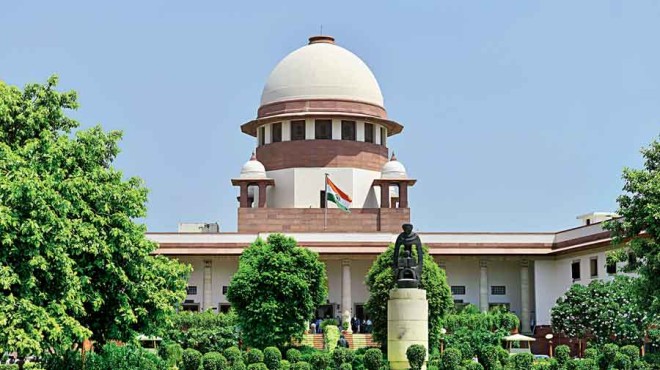Supreme Court to re examine the validity of offence of adultery
December 09, 2017
The Supreme Court on Friday issued a notice to the Centre on a PIL challenging the constitutional validity of Section 497 IPC. The PIL was filed by a Kerala native, Joseph Shine, claiming that the said provision is gender biased and is violative of the Fundamental Right to equality.
Latest Legal News
.jpg)
3 Bills to Renew India's Criminal Justice System presented in Lok Sabha; All you Need to Know

âSorry state of affairs' in PoSH Act implementation; SC orders Govts. to ensure ICCs are constituted


 94+ Lawyers are online
94+ Lawyers are online 


.jpg)


